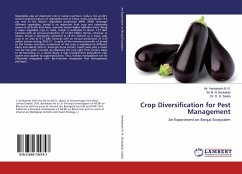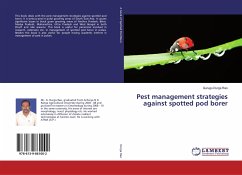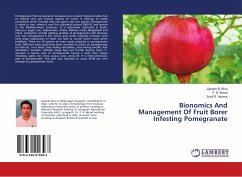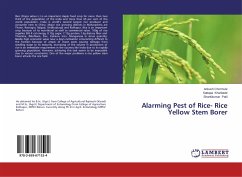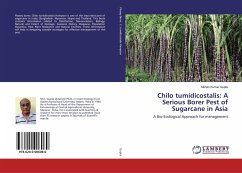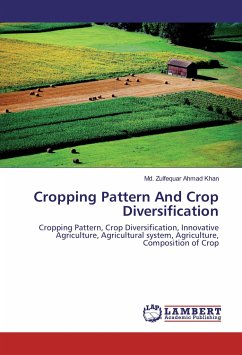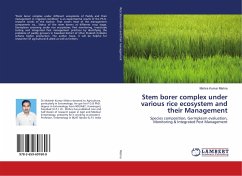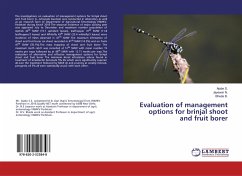Vegetables play an important role in human nutrition. India is the world's second largest producer of vegetables next to China. India contributes 13.4 per cent to the World's vegetables production (NHB, 2009). Amongst different vegetables, brinjal is an important fruit crop and extensively grown in all South East Asian countries except higher altitudes areas. Being a major vegetable crop in India, brinjal is cultivated in about 7.27 lakh hectares with an annual production of 12.323 million tonnes, whereas, in Assam, brinjal is extensively cultivated in all the districts as a major cash crop in an area of 0.17 lakh hectares with an annual production of 0.29 million tonnes during 2016-17 . In spite of the enormous benefits of brinjal to the human nutrition, production of the crop is regulated by different biotic and abiotic factors. Amongst those factors, insect pests play a major role for low yield in brinjal, by attacking the crop right from nursery stage to till harvesting. In arecent study, it was revealed that polyculture crop system was capable to suppressed pests. Thus, habitat manipulation can be effectively integrated with Bio-Intensive Integrated Pest Management packages.
Bitte wählen Sie Ihr Anliegen aus.
Rechnungen
Retourenschein anfordern
Bestellstatus
Storno

